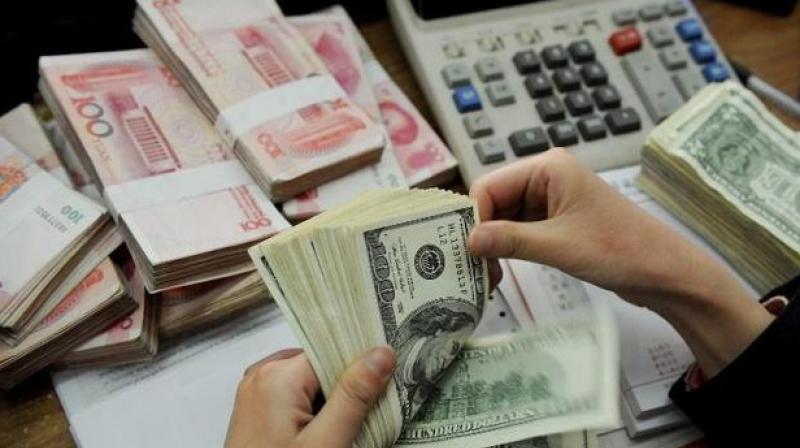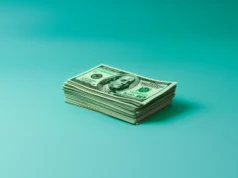Back in the days when we could travel wherever and whenever we wanted to, one of the things we had to worry about is exchanging the money we usually use for the needed foreign currency. Now, if you’re doing all of this in a hurry, you risk losing too much of your hard-earned money when the banks or ATMs charge you ridiculously high conversion fees. If you want to find out how not to lose money when exchanging currencies, we suggest that you stick around with us for a few more moments because we’re going to go over some of the best tips and tricks to help you exchange foreign currency with minimal losses.
1. Choose Wisely
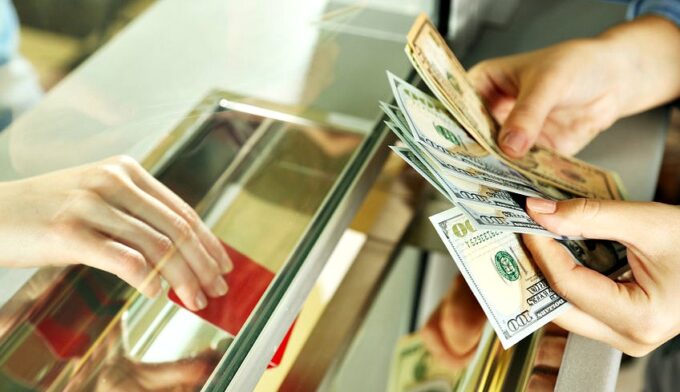
If in some case, for whatever reason, you can’t exchange cash into the desired currency right away, what you’ll probably end up doing is converting into a more popular, world-wide known currency such as US dollar or euro. That way, when you arrive at the destination, you can exchange these popular ones for the one you actually need, without risking being denied because the exchange office does not deal with the notes you use. One thing to consider here is which of the popular currencies is more valuable in regards to the one you need. You won’t earn anything significant, but you could save enough for a beer or two.
2. Choose The Right Option
You have a couple of options when it comes to storing money – cash in the wallet, international credit or debit card or Forex card. All of them have their own advantages and disadvantages, so you’ll have to decide what it is that you want to gain or sacrifice.
When it comes to the cash – it’s pretty straightforward. All of the conversions have already been done and you don’t have to worry about that. However, many don’t like carrying a lot of cash on hand, so that might be an issue.
Forex cards are great and versatile tool because they provide you with about 20 different currencies and there are usually no transaction fees. On the other hand, 20 currencies sound like a lot, but it really isn’t.
International credit cards are great and convenient because you don’t have to change money at all, it’s done right at the moment when you’re paying for something. However, large transaction fees could be an issue here, so be smart about it and check that out beforehand.
3. Never Convert The Money At The Airport
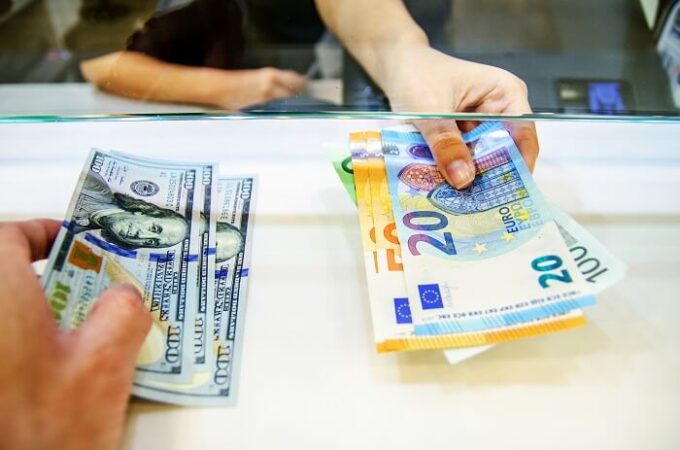
It’s safe to say that you really shouldn’t do anything at the airport other than boarding a plane. The food is expensive, the coffee is expensive and ATMs and exchange offices will charge you an arm and a leg to exchange some money. However, many people decide to exactly that – exchange money at an airport ATM or a kiosk. Now, we can’t say it’s not super easy and convenient to do so, but is convenience really worth that much? You could save a lot if you were not to do that. We understand that you need the money, but you could’ve done this instead…
4. Convert Online – Before You Go
One of the great wonders of the modern world, the Internet, once again proves to be more than a place for endless scrolling and watching cat videos. Nowadays, you can do everything online and that includes exchanging money. Let’s say you need to go from the US to Canada, but you don’t have the time to visit the bank to turn some USD into CAD. Well, luckily for you, you can just go online and convert your money in a matter of seconds. Not only that, sites like Interchange Financial even allow you do make a reservation for cash exchanges. All you’d have to do is visit the website, find the currency you need and make a reservation for cash. Once you do that, you can simply visit the office and finish the transaction without any additional fees.
5. Find The Best Bank
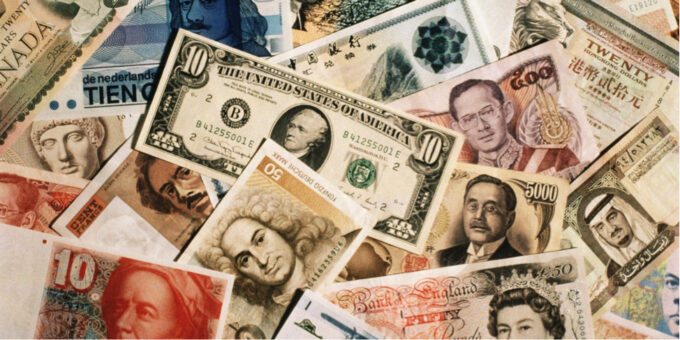
You have options when you’re exchanging money – you just have to be willing to explore them. Currency rates vary from place to place. Banks have their own rates and all you have to do is find to best one. Some even charge commissions and all kinds of extra fees that you don’t have to pay for if you just keep looking. In most cases, your best bet of avoiding fees and commissions is to make the exchange at your bank. As an existing user, you could have some benefits, including no-fee money converting
6. Use An ATM Abroad
Believe it or not, using the ATM once you’re in the other country could save you a few bucks. In some recent studies, it has been shown that if you use a debit card to withdraw money in a foreign country, you’ll end up with better rates than you would in your own country. The only thing here is to use a debit card with non-existing, or low withdrawal fees. International ones, of course.
7. Exchange All The Money You’ll Need At Once

Arguably your best bet to score a better rate is to exchange a lot of money at once. So, if you know your budget and how much you’re going to spend, it might be the best option to convert it all at once. You’ll end up with a wallet full of money, but if you’re okay with that, this could be one of the best options.
8. Exchange Only How Much You Need
Let’s take a look at this example. You’re converting USD into THB (Thailand’s Bhat) and you convert more than you need, you’ll have to revert back from THB to USD. That’s a sure way to lose money. If you were to start with a $100 and just go back and forth between USD and THB, you’d probably lose all of it in a matter of hours because of the exchange rates. So, try and guess your budget correctly and convert just as much.
Finally, you just have to be smart with your money. Even if you’re using an international debit card with really low fees, don’t use it 10 times a day because the fees will add up. Limit your transactions, withdraw more cash at once and avoid places with high conversation rates and exchange fees. Anything other than that is really not enough to make a difference.

